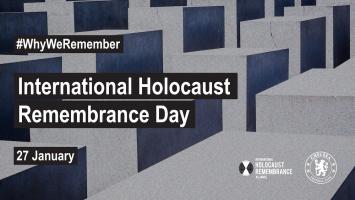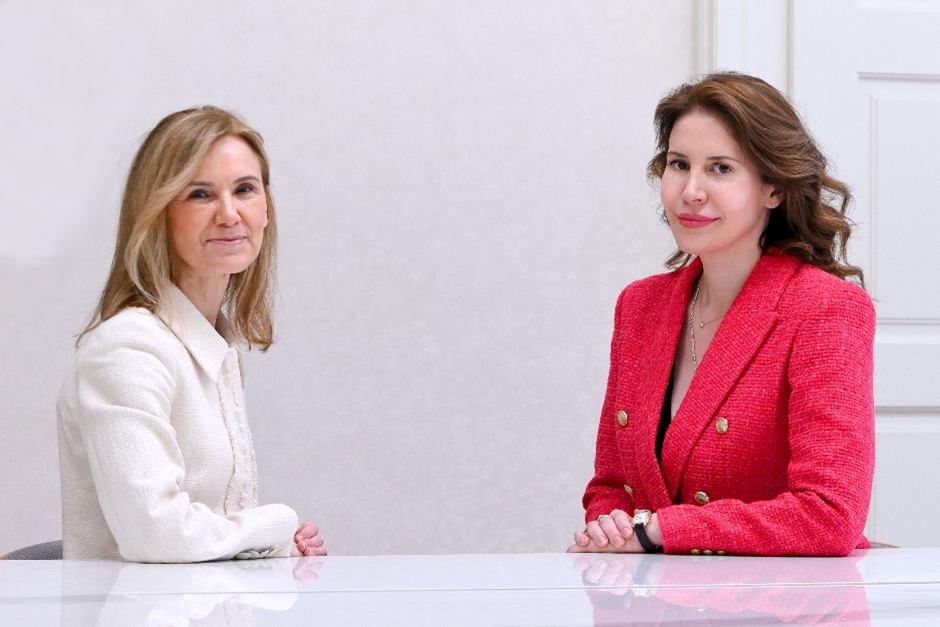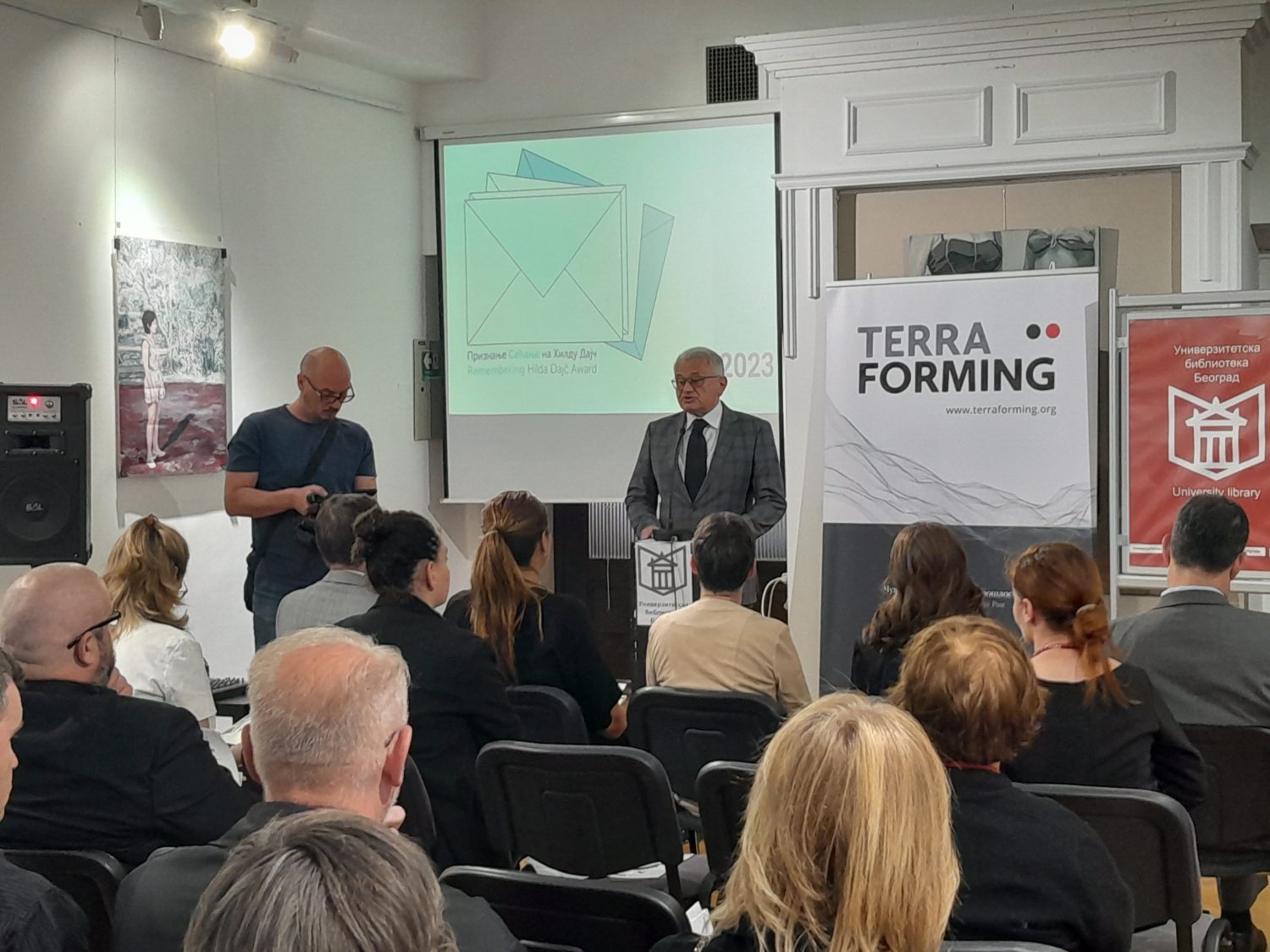
Our Responsibility to Remember, 90 Years On
This International Holocaust Remembrance Day marks 90 years since the Nazis’ rise to power. With the passage of time and the passing of the survivor generation, commemoration events on 27 January, like those organized in the IHRA network, are crucial to ensure that the world never forgets the Holocaust. Remembrance ties us to the facts and is an important way of honoring victims and survivors.
Acting on remembrance
As part of commemorations, IHRA Chair Ambassador Ann Bernes addressed the OSCE Permanent Council in Vienna, reflecting on remembrance in action. She reminded the audience “How quickly democracy was dismantled” in 1933 and that “the driving force – let us never forget – was antisemitism.”
She also took the chance to offer hope. Amid challenging global events, there are reasons to be optimistic. “2023 is not 1933,” she said. The IHRA Chair pointed to the many positive steps taken internationally to ensure that Holocaust survivors and victims will never be forgotten. Moreover, she expressed her appreciation to the OSCE as a partner in the fight against antisemitism and warmly welcomed the Office for Democratic Institutions and Human Rights (ODIHR) as a project partner in the #ProtectTheFacts campaign.
Why we remember
The European Commission hosted the Holocaust Remembrance Conference: Remembering the Past. Shaping the Future together with the IHRA Swedish Presidency and the Swedish Presidency of the Council of the EU.
The event included a conversation with Holocaust survivor, Henriette Kretz, whose family fled to Lviv from Poland until the German invasion of the Soviet Union, when they were forced into a ghetto and had to hide for long months in order to survive. Many of Henriette’s relatives did not survive the Holocaust. Her story was a sobering reminder of why we must never forget.
In her address, IHRA Chair Ambassador Ann Bernes highlighted the need to preserve Holocaust-related sites as places that “can offer societies the actual, physical space to remember the victims and honor the survivors, acknowledging their suffering. Safeguarding sites is key to strengthening our memory.”
Putting sites front and center
The event also included a compelling panel discussion about the future of sites, including the Chair of the Safeguarding Sites Project, Dr. Gilly Carr and fellow IHRA expert, Andrea Szőnyi. They discussed the multitude of challenges Holocaust-related sites face in the 21st century and the IHRA Charter for Best Practice, which aims to address these challenges.
Panelists discussed the potential of the exciting new EU initiative to develop a network of sites. Andrea Szőnyi stated that “sites are crucial in protecting the facts,” and an international collaboration to protect these facts would be an important step in safeguarding the record, mentioning the important work the #ProtectTheFacts Campaign has already done on this topic. Dr. Gilly Carr emphasized the need for sites to act as places of remembrance, “when the last of the survivors leave us, we will still have sites as places, which were witnesses to the Holocaust.”
Sign up to our newsletter to
receive the latest updates
By signing up to the IHRA newsletter, you agree to our Privacy Policy





